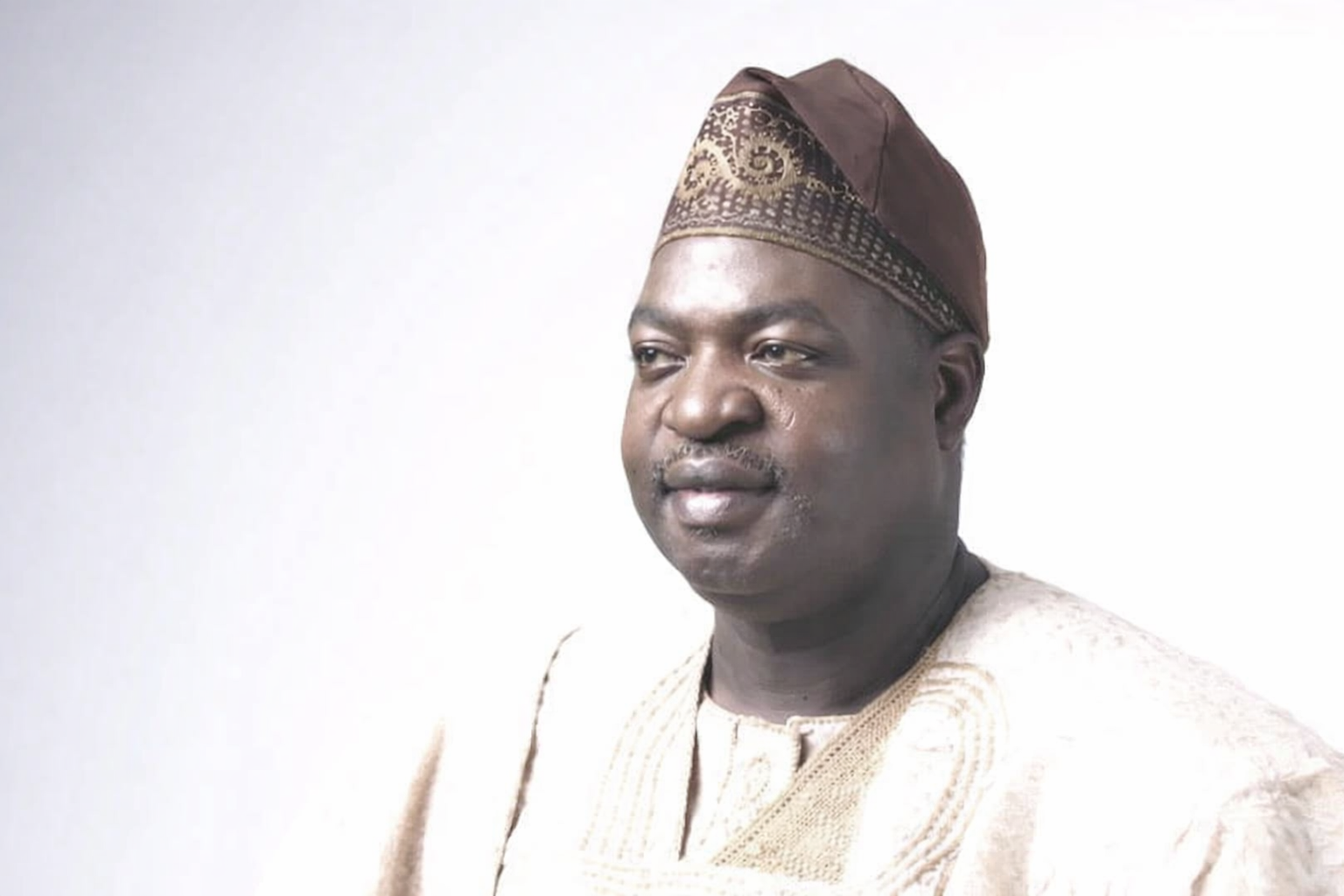● Calls for Palestinian statehood, global justice
● Urges fairer partnerships, digital inclusion for Africa’s growth
● Nigeria targets 7% yearly growth, Shettima tells global partners
● World leaders clash over sanctions, security, reform
President Bola Ahmed Tinubu has urged the United Nations to embrace far-reaching institutional reforms or risk sliding into irrelevance as global events increasingly bypass its influence.
Addressing world leaders at the 80th session of the UN General Assembly in New York yesterday, Tinubu, represented by Vice President Kashim Shettima, criticised the organisation’s record on key global issues, describing the ongoing conflicts and human suffering in the Middle East and elsewhere as “stains on our collective humanity.”
He warned that the UN’s credibility was being eroded by the gap between its declarations and its actions, even as he positioned Nigeria’s ongoing economic transformation as a potential model for developing countries.
“For all our careful diplomatic language, the slow pace of progress on these hardy perennials of the UN General Assembly debate has led some to look away from the multilateral model,” Tinubu said. “Some years ago, I noticed a shift at this gathering: key events were beginning to take place outside this hall, and the most sought-after voices were no longer heads of state.”
Tinubu outlined four key reform priorities, beginning with Nigeria’s long-standing demand for a permanent seat on the UN Security Council as part of a wider overhaul of the organisation.
“Nigeria must have a permanent seat at the UN Security Council,” he said. “The United Nations will recover its relevance only when it reflects the world as it is, not as it was.”
He highlighted Nigeria’s evolution from “a colony of 20 million people, absent from the tables where decisions about our fate were taken” to a “sovereign nation of over 236 million, projected to be the third most populous country in the world, with one of the youngest and most dynamic populations on earth.”
Tinubu also voiced frustration at the slow progress on major international challenges, including nuclear disarmament, arms proliferation, fair access to trade and finance, and Security Council reform. Taking a firm stance on the Israeli-Palestinian conflict, Tinubu reiterated Nigeria’s support for a two-state solution.
“We say, without stuttering and without doubt, that a two-state solution remains the most dignified path to lasting peace for the people of Palestine,” he said. “The people of Palestine are not collateral damage in a civilisation searching for order. They are human beings, equal in worth, entitled to the same freedoms and dignities that the rest of us take for granted.”
Tinubu also proposed the creation of a new global mechanism to manage sovereign debt, “a sort of International Court of Justice” for money to help emerging economies escape dependence on exporting raw materials and achieve sustainable growth.
“I am calling for urgent action to promote debt relief, not as an act of charity but as a clear path to the peace and prosperity that benefits us all,” he added.
The President underscored Africa’s pivotal role in the global economy, noting that the continent’s vast reserves of critical minerals must benefit local communities and contribute to global stability.
“Africa – and I must include Nigeria – has in abundance the critical minerals that will drive the technologies of the future,” Tinubu said. “Investment in exploration, development and processing of these minerals in Africa will diversify supply to the international market, reduce tensions between major economies, and help shape the architecture for peace and prosperity.”
He argued that exporting raw materials without value addition entrenches inequality and instability, and urged fairer partnerships that include local processing, investment, and job creation.
On the digital front, Tinubu echoed the UN Secretary-General’s call for greater technological inclusion, insisting that “‘A.I.’ must stand for ‘Africa Included’.”
“I am calling for a new dialogue to ensure we promote the best of the opportunities that are arising, and promote the level of access that allows emerging economies to close a wealth and knowledge gap that is in no one’s interest,” he said.
Turning to domestic matters, Tinubu acknowledged the hardship many Nigerians face but argued that recent economic reforms, including the removal of subsidies and currency controls, are necessary to lay the groundwork for sustainable growth.
“The government has taken difficult but necessary steps to restructure our economy and remove distortions that benefited the few at the expense of the many,” he said. “I believe in the power of the market to transform. Our task is to enable and facilitate, and to trust in the ingenuity and enterprise of the people. But the process of transition is difficult.”
On security, Tinubu said Nigeria’s experience in combating terrorism and violent extremism had shown that ideological battles, not just military action, ultimately determine success.
“Military tactics may win battles measured in months and years, but in wars that span generations, it is values and ideas that deliver the ultimate victory,” he said.
Tinubu reaffirmed Nigeria’s unwavering commitment to peace, development, unity, multilateralism, and the defence of human rights, warning that global security is interconnected.
“For none of us is safe until all of us are safe,” he said. “We must make real change; change that works, and change that is seen to work. If we fail, the direction of travel is already predictable.”
Nigeria targets 7% yearly growth, Shettima tells global partners at UNGA
● Holds bilateral talks with Namibian president, Gates Foundation
Nigeria is targeting yearly economic growth of no less than seven per cent, anchored on macroeconomic stability, improved productivity, and strategic investments in infrastructure, healthcare, agriculture, and education, Vice President Kashim Shettima has affirmed.
Shettima, who stated this on Tuesday during a series of high-level bilateral engagements on the sidelines of the 80th United Nations General Assembly (UNGA) in New York, also called for stronger relations between Nigeria and Namibia.
Shettima, who is representing President Bola Ahmed Tinubu at the UNGA, said Nigeria’s growth ambitions were backed by reforms already underway under the Renewed Hope Agenda.
According to a statement by the Senior Special Assistant to the President on Media and Communications, Office of the Vice President, Stanley Nkwocha, Shettima hosted the President of Namibia, Netumbo Nandi-Ndaitwah, who announced her planned official visit to President Tinubu in Nigeria.
The Namibian leader, who assumed the presidency on March 21, 2025, praised Nigerian diplomats for their invaluable contributions to her government and country in many ways.
“All the Nigerian diplomats were basically Namibians, helping in so many ways,” she stated, acknowledging Nigeria’s leadership role among African member states.
Nandi-Ndaitwah said she found it appropriate to leverage the UNGA opportunity to meet with Shettima, promising: “I will still find time to come physically and introduce myself to the President.”
Vice President Shettima reaffirmed Nigeria’s commitment to deepening bilateral ties with Namibia, saying, “We are all Africans, and the Nigeria–Namibia relationship should be taken to the next level, beyond where it is now.”
The meeting was attended by senior officials from both countries, including Nigeria’s Minister of Foreign Affairs, Yusuf Tuggar; Minister of Women Affairs, Hajiya Imaan Sulaiman-Ibrahim; and Minister of Education, Dr Tunji Alausa.
In a separate engagement, Shettima met with a delegation of the Bill & Melinda Gates Foundation led by CEO Mark Suzman. He expressed appreciation for the Foundation’s support in healthcare, agriculture, and financial inclusion, while urging expanded investments in Nigeria.
“In the Gates Foundation, we have a partner we trust and believe in. If all high-net-worth individuals made even half the investment Bill Gates has made, the world would be a better place. Kindly convey the highest regards of my boss, President Bola Ahmed Tinubu, to Mr Gates,” Shettima said.
Reiterating Nigeria’s growth aspirations, the Vice President added: “Our target over the next few years is to achieve annual growth rates of no less than seven per cent, anchored on macroeconomic stability, productivity, and strategic investment in infrastructure, healthcare, agriculture, and education.”
Education Minister Dr Alausa also appealed for greater Gates Foundation support in the education sector, particularly in technology, artificial intelligence, and machine learning.
“What I want to put on the table to the Gates Foundation is increased investment in education. I’ve met with your representatives in Africa, and they indicated that the initial focus had been child nutrition, but not education. Now, with more attention shifting to education, I am seeking stronger support to bolster foundational learning, where support is currently inadequate,” he said.
Responding, CEO Suzman pledged enhanced support for human capital development, education, and health, while noting the Foundation’s progress in digital identity and financial inclusion in Nigeria.
He commended the strong commitment of President Tinubu and Vice President Shettima, stating: “Nigeria is really one of our strongest partnerships on the African continent, and I’m looking forward to hearing from you about where and how we might be more helpful, while assuring you of our continued support.”
Suzman also revealed that the Foundation had signed new grants with the Central Bank of Nigeria to support related initiatives. Other Gates Foundation officials present included Mr Rodger Voorhies, President of the Global Growth and Opportunity Division; Mr Uche Amaonwu, Country Director, Nigeria Office; and Dr Paulin Basinga, Director for Africa.
World leaders clash over sanctions, security, reform
Global divisions over nuclear policy, war, and international governance dominated debates at the United Nations General Assembly yesterday, as leaders from Iran, Ukraine, and Kenya delivered starkly contrasting visions of the future.
Iranian President Masoud Pezeshkian mounted a strong defence of his country’s nuclear programme and condemned renewed Western efforts to impose sanctions.
Responding to moves by the United Kingdom, France, and Germany to reintroduce UN penalties over alleged violations of the 2015 nuclear deal, he insisted that Tehran’s activities were entirely peaceful and not geared towards weapons development.
“I hereby declare once more before this assembly that Iran has never sought and will never seek to build a nuclear bomb,” Pezeshkian said. He accused Western powers of acting in bad faith and breaching their legal commitments following the United States’ withdrawal from the landmark agreement.
The Iranian leader also lashed out at Israel, accusing it of “imposing its presence in the region through naked force” and vowing that Iran would “never bow before aggressors” even under heavy sanctions.
Ukrainian President Volodymyr Zelenskyy used his address to rally international support against Russia’s invasion, warning that Moscow’s ambitions would not stop at Ukraine’s borders.
“Stopping Putin now is cheaper than countries trying to protect themselves later,” he said, urging countries to intensify collective action against Russian aggression.
Zelenskyy also called for global regulations governing artificial intelligence and drone technology, describing the current situation as “the most destructive arms race in human history.”
While acknowledging American support following his meeting with former U.S. President Donald Trump, he stressed that achieving peace “depends on all of us, on the United Nations.”
Kenyan President William Ruto warned that the UN risks becoming obsolete if it fails to reform, drawing a parallel with the defunct League of Nations.
“Institutions rarely fail because they lack strong ideas. More often they drift into irrelevance when they do not adapt, when they hesitate to act, and when they lose legitimacy,” he said.
Ruto condemned the mounting humanitarian toll in Gaza and urged a ceasefire, the release of Israeli hostages, and renewed efforts towards a two-state solution. He also demanded greater African representation in global decision-making, declaring that the continent was “no longer willing to wait on the margins of global governance.” He called for at least two permanent seats for Africa on the UN Security Council as part of a wider reform agenda.
In a development expected to draw significant attention, Syria’s President Ahmed al-Sharaa is set to deliver a speech later today — the first by a Syrian leader at the UN in nearly six decades. Analysts say the address could signal a major shift in Syria’s diplomatic posture after years of conflict and isolation.






